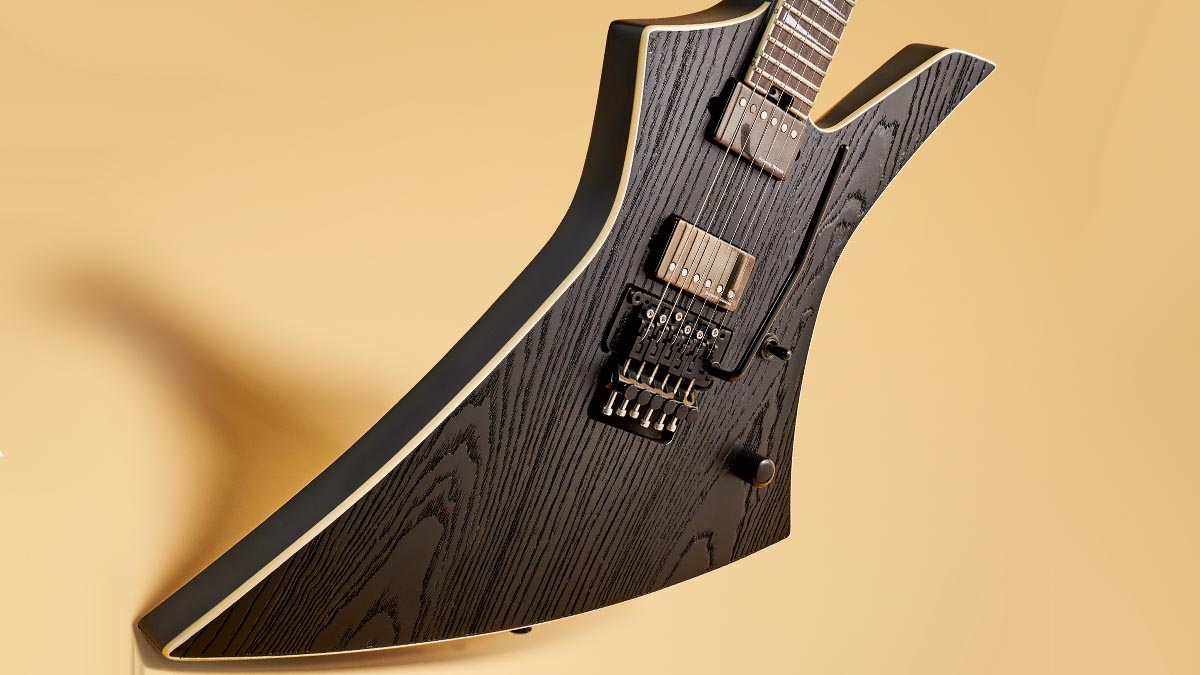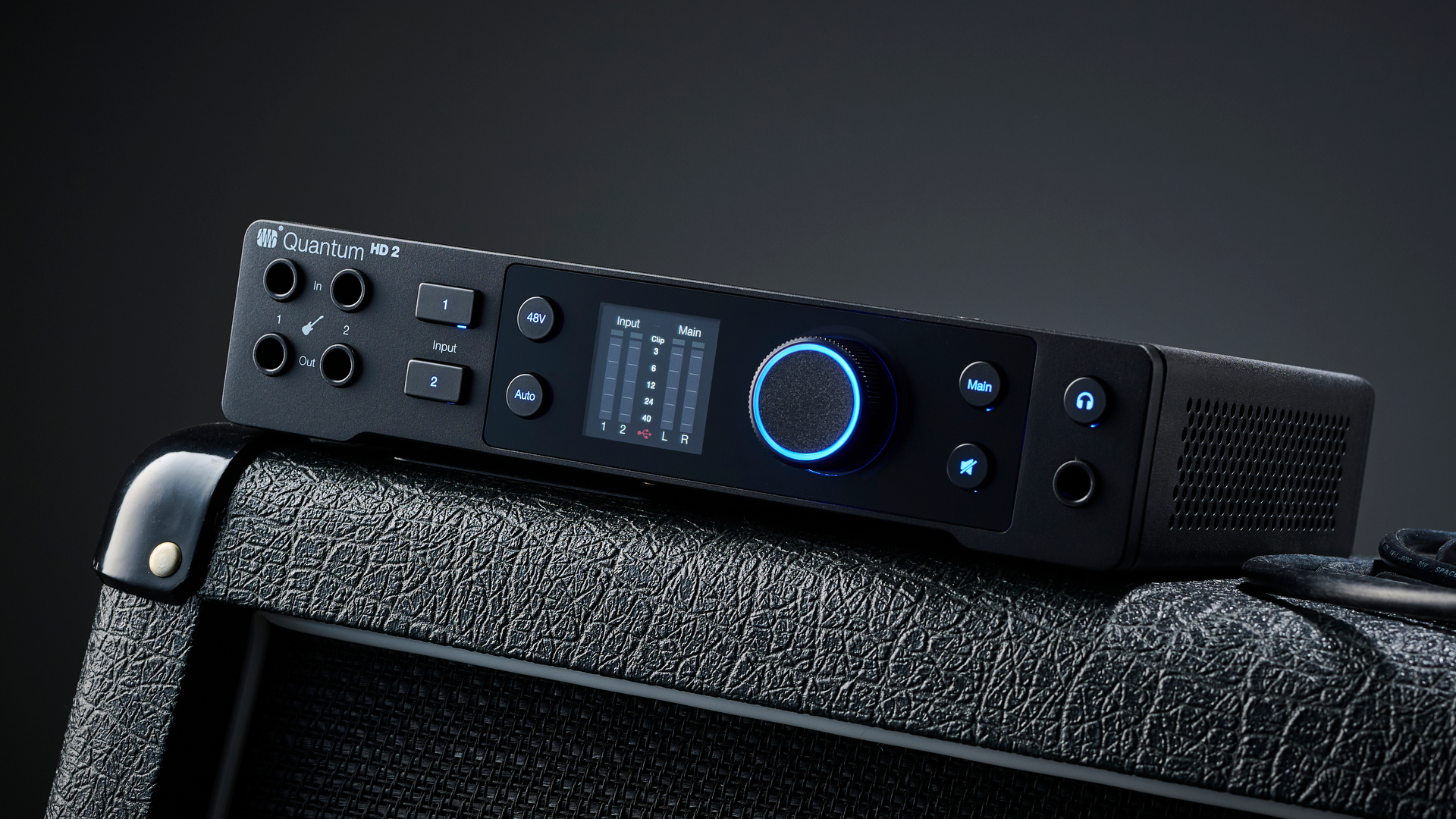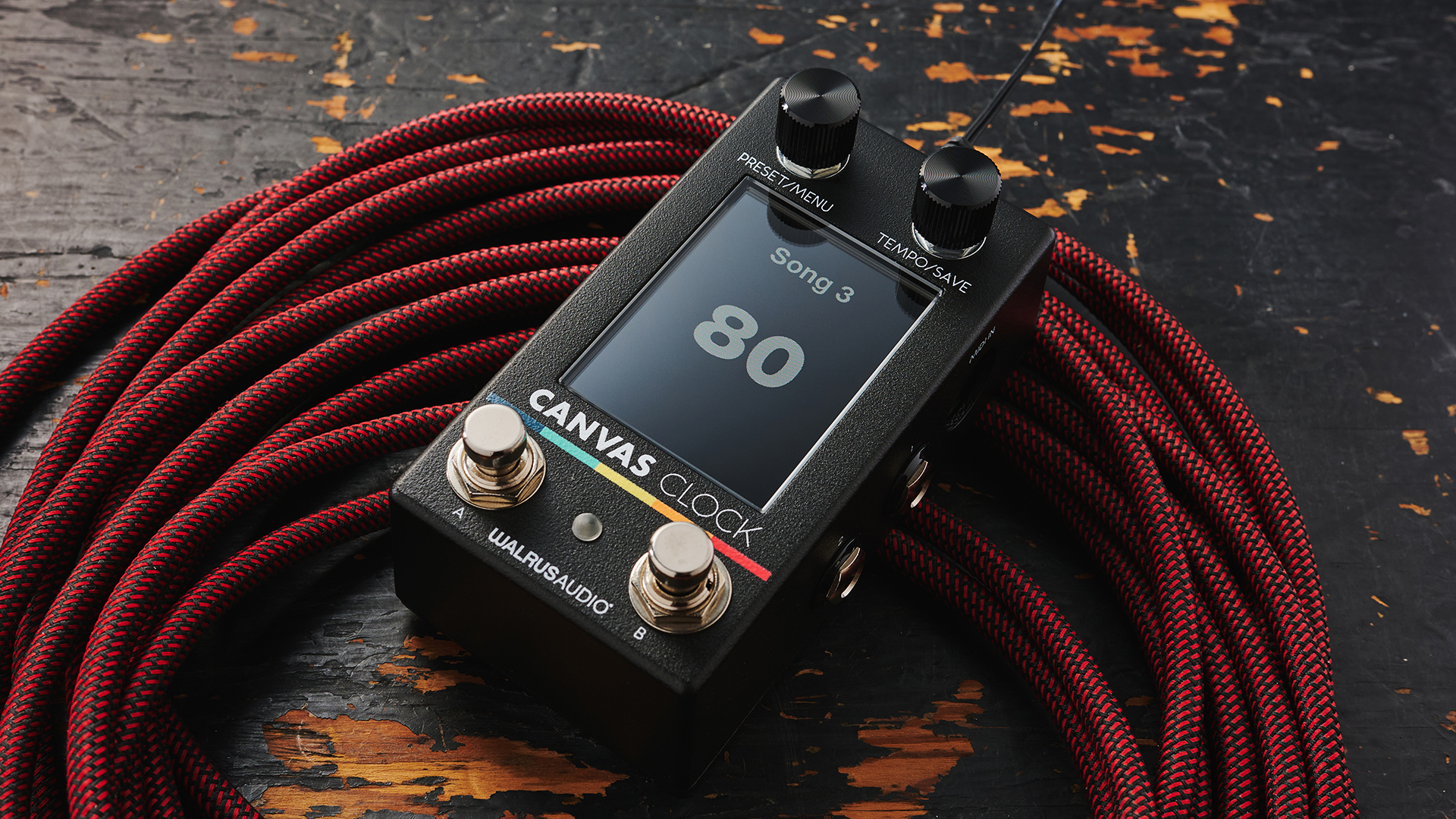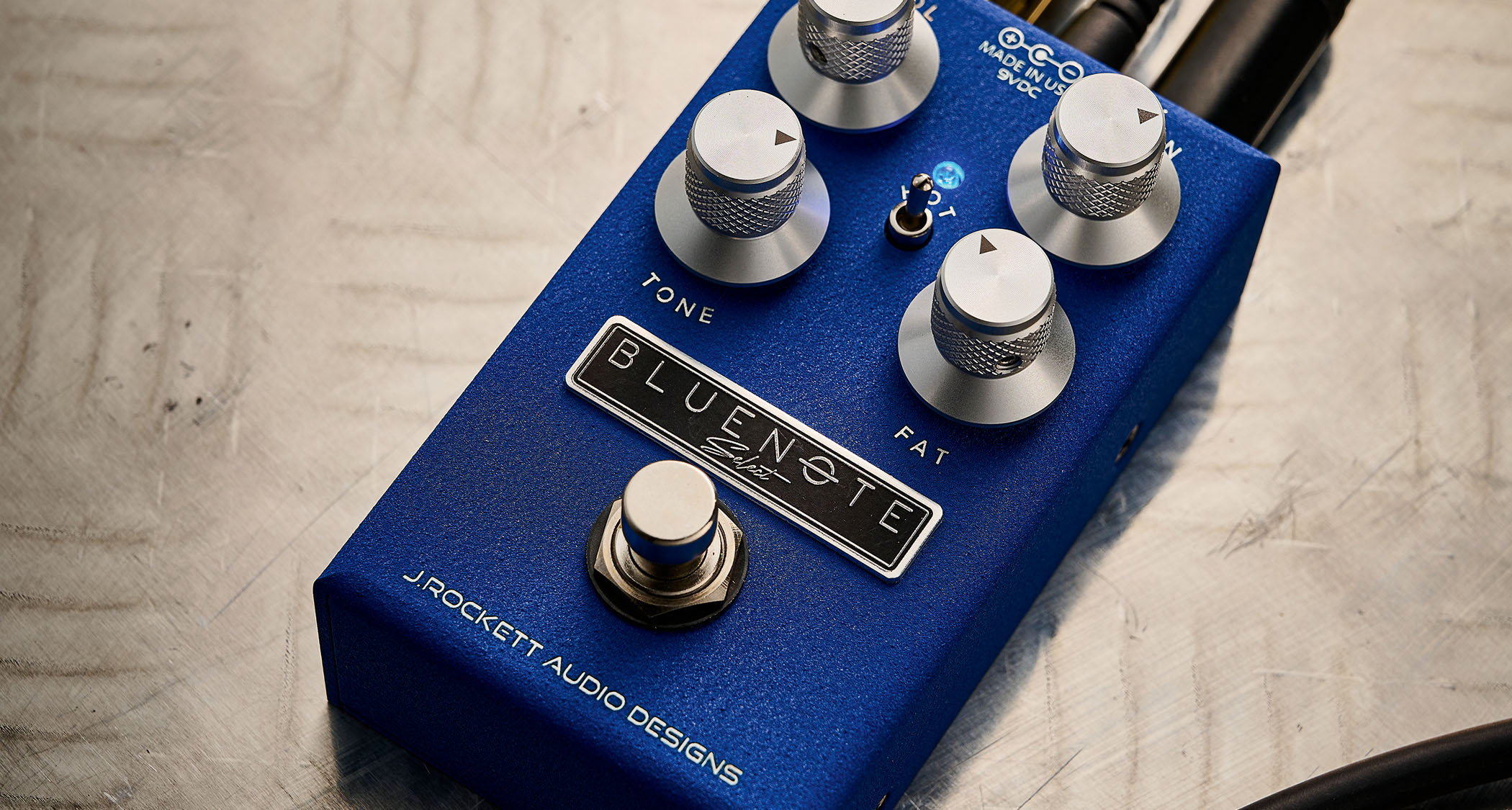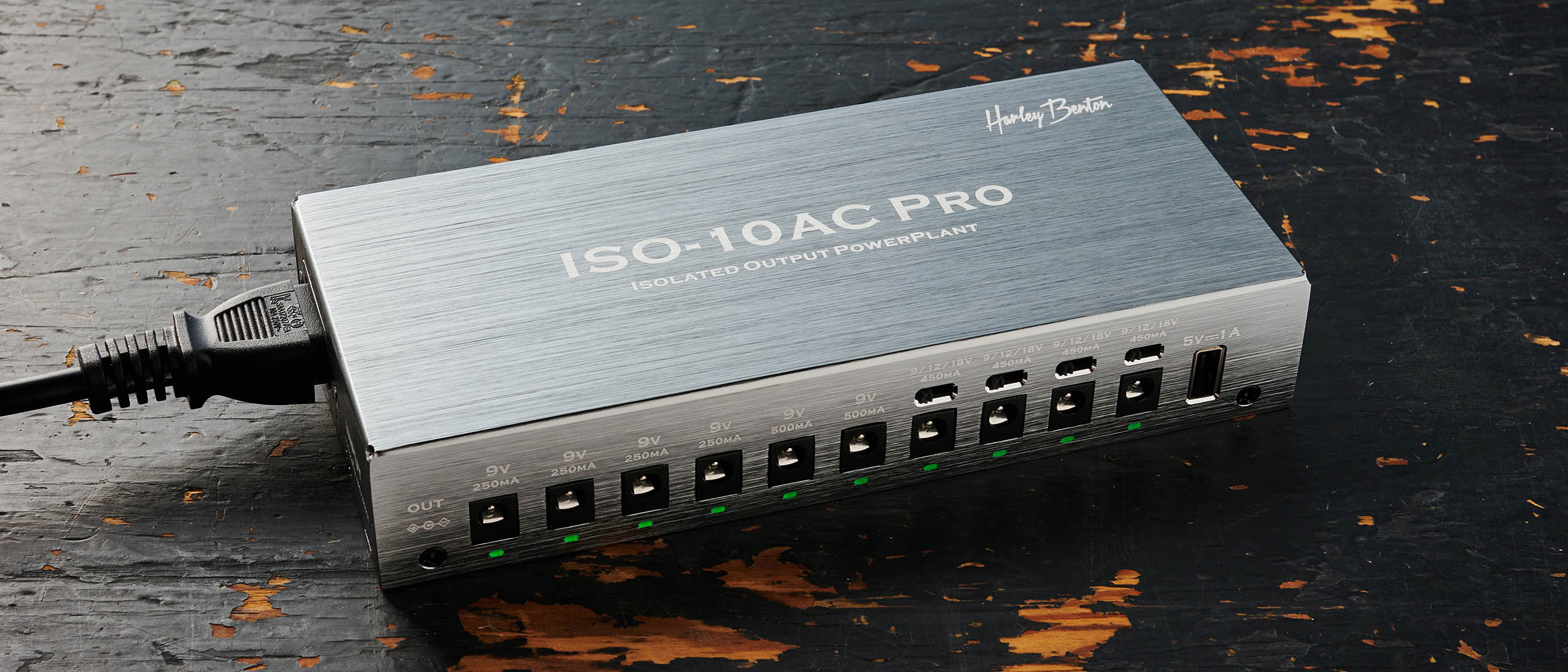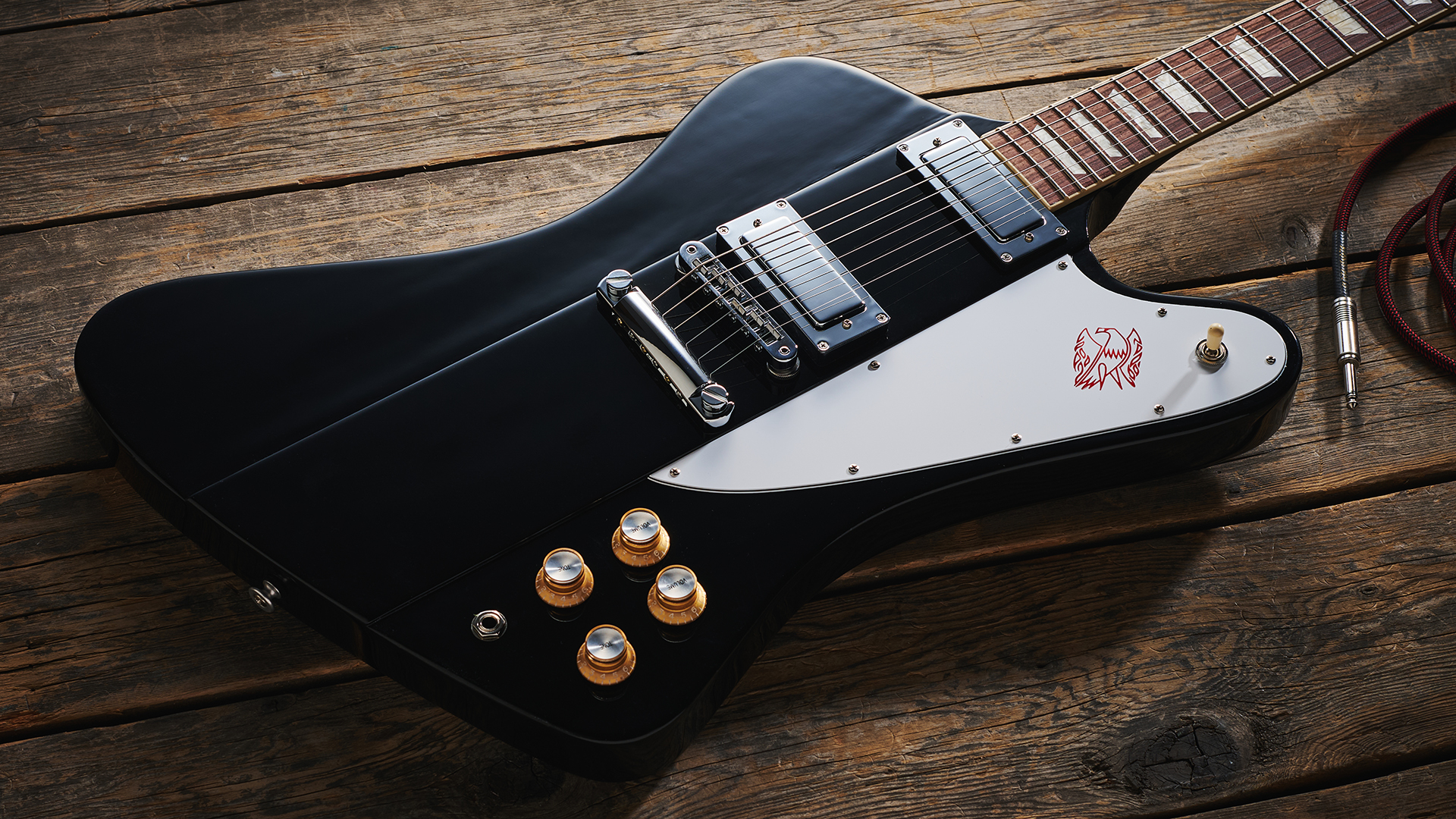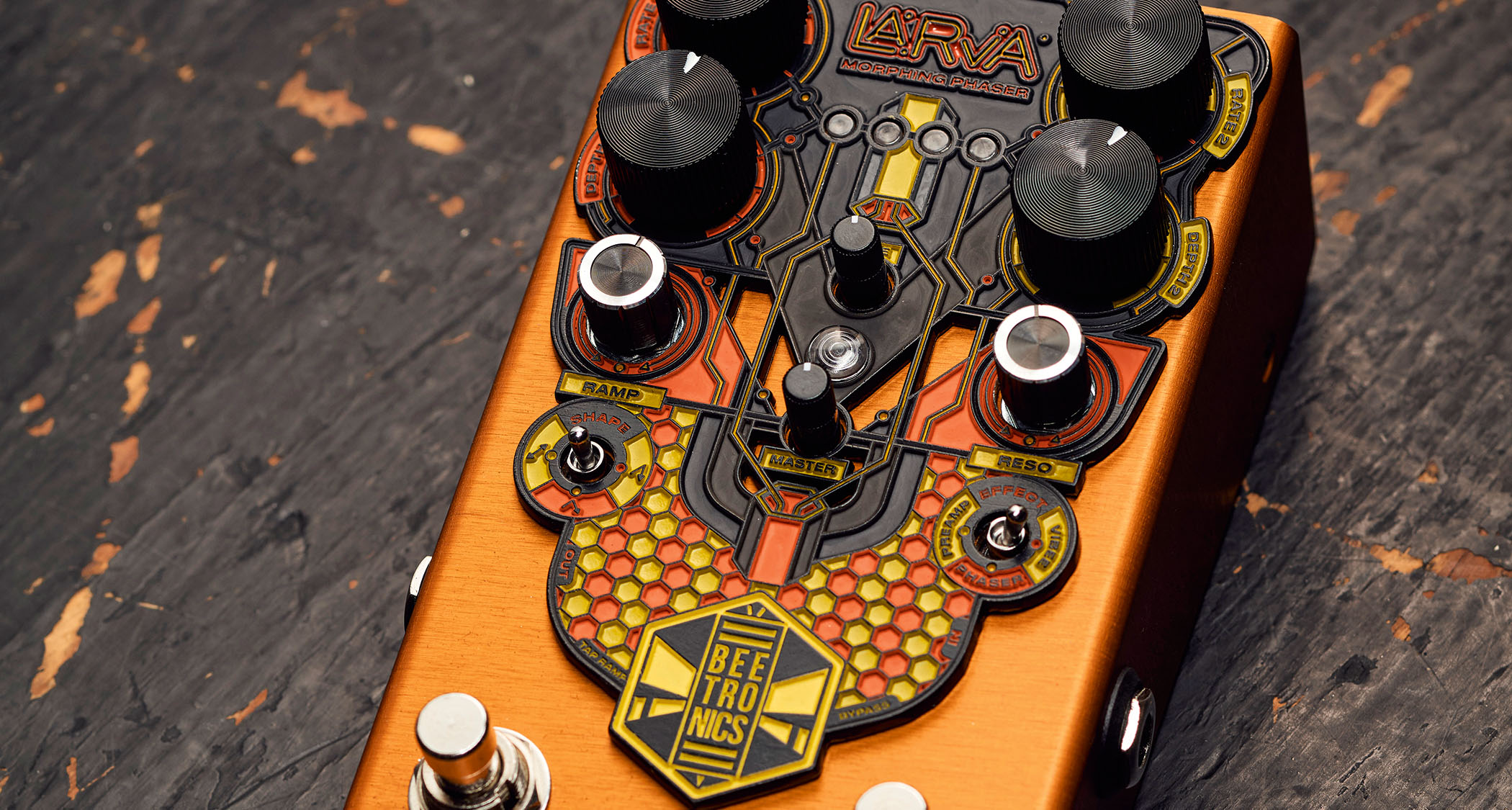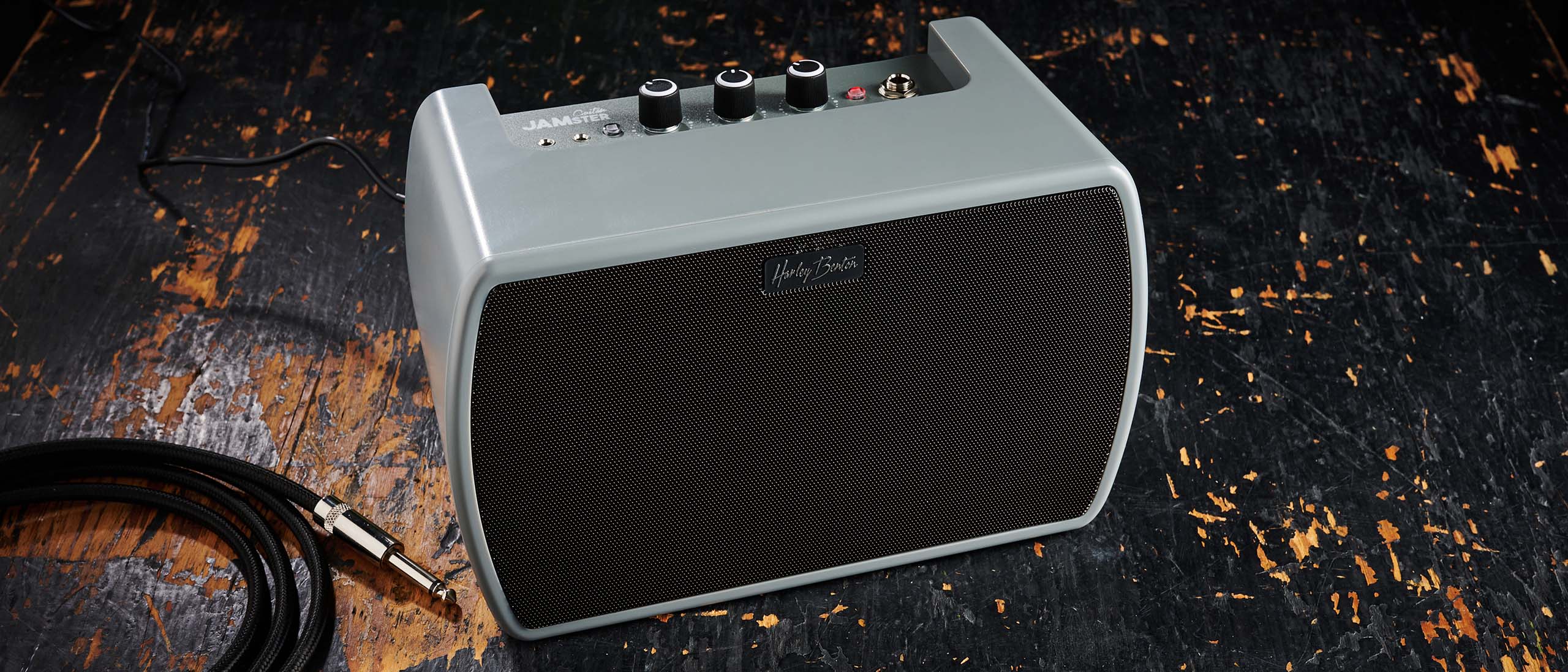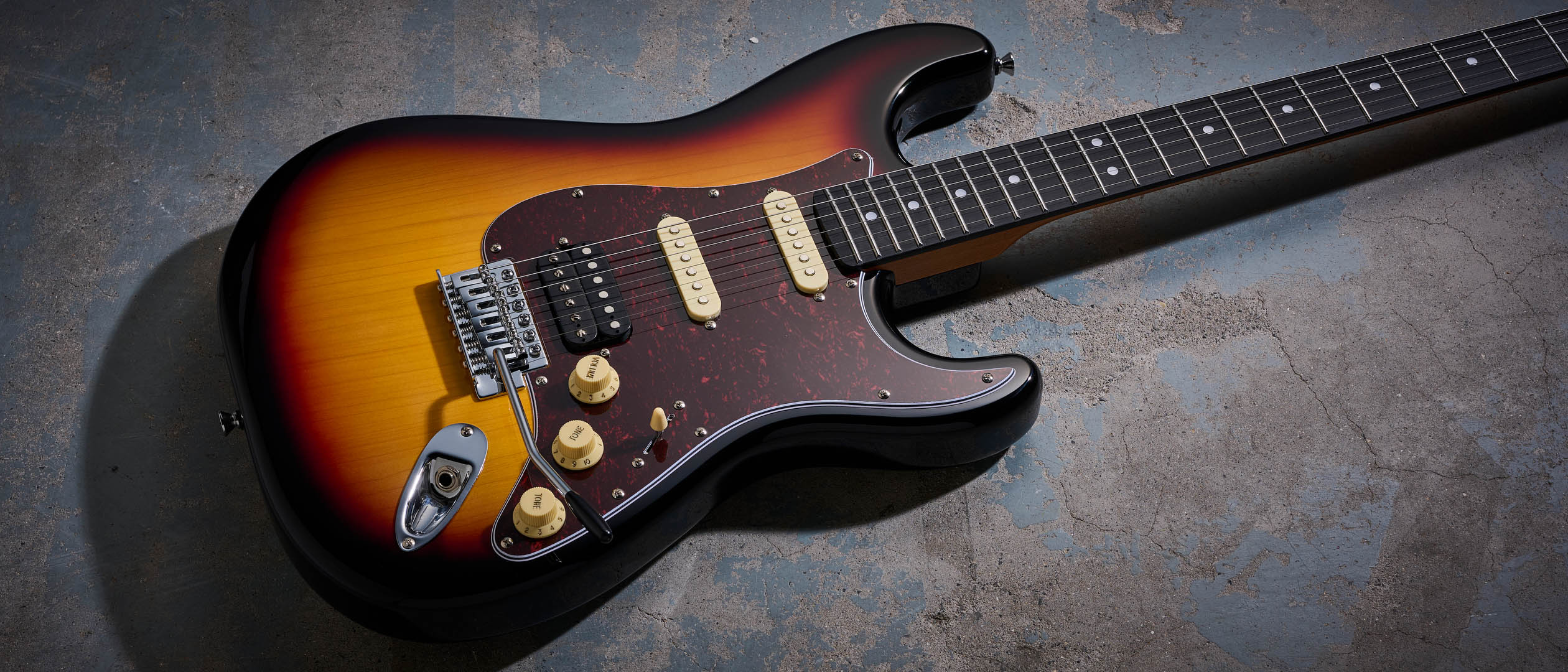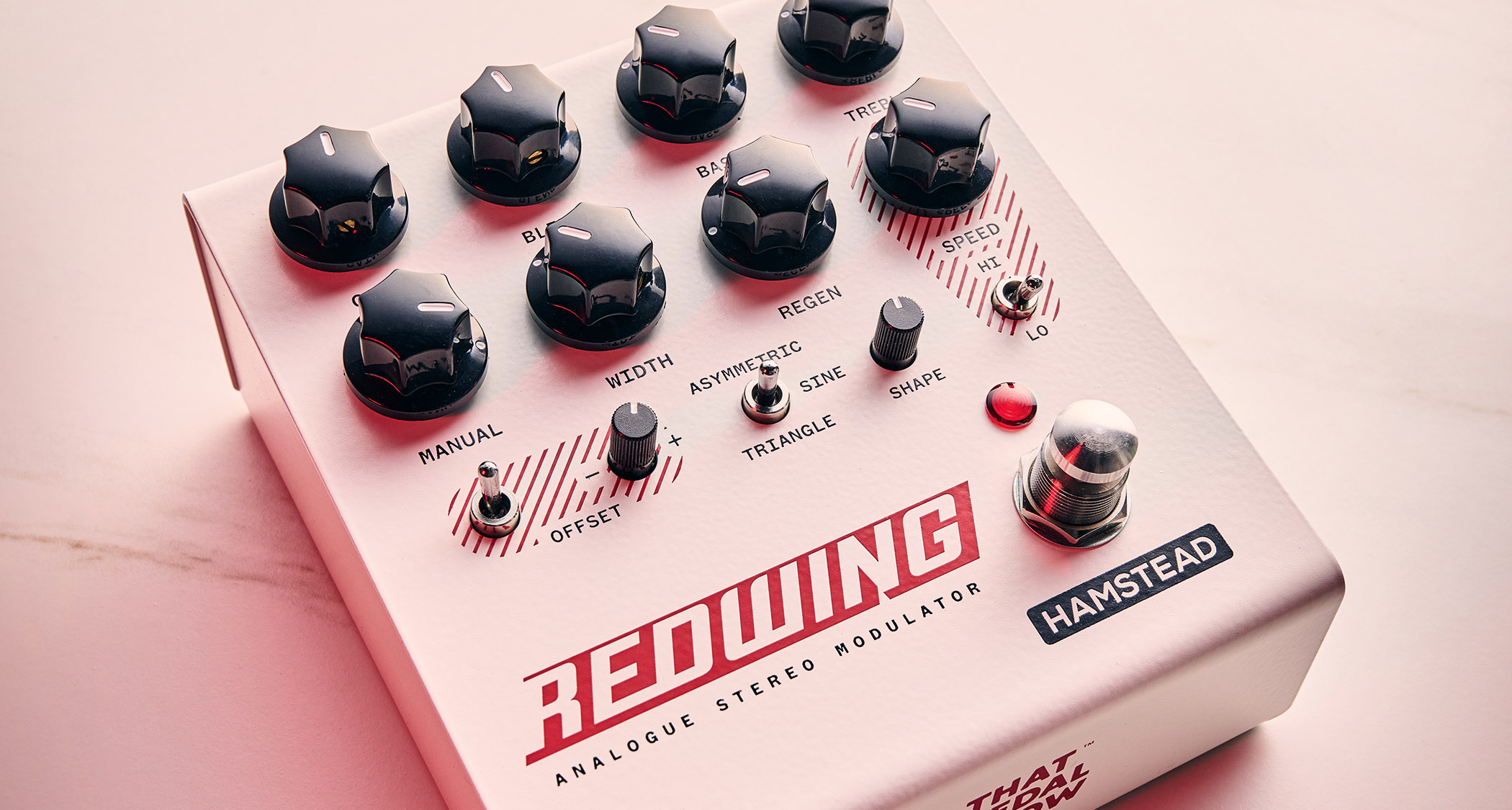Guitar World Verdict
Metal signature guitars don't get much better than this. The Jeff Loomis Kelly has the classic shape, a cool finish, an excellent Floyd Rose system and quality Seymour Duncan humbuckers that offer a dynamic, musical response.
Pros
- +
A top spec'd shred machine.
- +
Excellent finish – bonus points for matching headstock.
- +
Signature Seymour Duncan 'buckers are earthy and organic.
Cons
- -
No tone control might bother some.
You can trust Guitar World
Not many people can say they auditioned for Megadeth at the tender age of 16, but then again Jeff Loomis is far from your average guitar player. Deemed too young at the time, he later went on to form Seattle-based progressive metallers Nevermore before eventually joining Swedish metal giants Arch Enemy in 2014.
He switched from Schecter to Jackson four years later, resulting in the arrival of two signature Kelly models – this more affordable Korean-produced version costing roughly one quarter of its American-made counterpart with very little in terms of difference.
Before it’s even plugged in, the sandblasted Ash top is the kind of finish that will stop people dead in their tracks – looking more like an IKEA shelf from hell than the often-mundane flat blacks synonymous with metal axes.
That already gives it some sense of depth from the off, but more importantly does it sound actually like a war machine? Thanks to the high-quality build, the neck through body for increased sustain and the ear-flaying active Seymour Duncans, very much so.
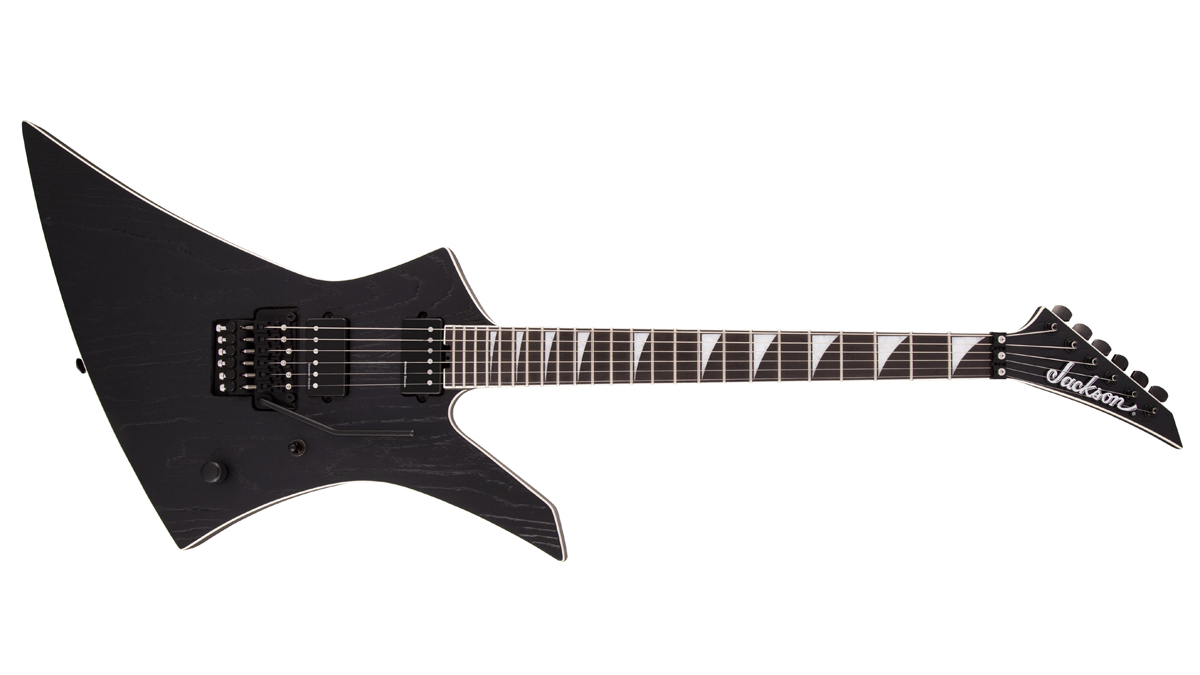
While the signature pickups sounds mighty thunderous on high gain settings, they’re also noticeably more dynamic and versatile than the standard Blackouts, using Alnico 5 magnets instead of hotter ceramics. As a result, the clean tones are less compressed and more open-sounding, while maintaining the high-headroom and low noise metal players tend to prefer.
The double-locking Floyd Rose tremolo feels sturdy and reliable, which is exactly what you’d need to even try to attempt those extreme dive-bombs or squeals and still have a fighting chance of finishing the song in tune.
It holds exceptionally well, though on the other hand doesn’t feel too tight or stiff, providing a more natural and fluid whammy bar experience compared to other metal machines. The majority of the components, such as the bridge and pickups are exactly the same as the USA model.
All in all, as one of the best metal signature guitars we’ve seen in recent years, it’s really hard to see where you can go wrong with this one. If you’re on the hunt for the right tool to inspire your own anthems for rebellion, look no further.
Specs
- PRICE: $1399 / £1429
- BODY: Basswood with a Sandblasted Ash Top
- NECK: Maple
- FINGERBOARD: Ebony
- FRETS: 24
- SCALE LENGTH: 25.5”
- FRETBOARD INLAYS: Pearloid Sharkfin
- PICKUP: 2x Seymour Duncan Jeff Loomis Signature Blackouts
- BRIDGE: Floyd Rose 1500 Series double-locking vibrato
- CONTROLS: Volume, 3-Way Toggle Pickup Switch
- FINISHES: Black
- CONTACT: Jackson
Amit has been writing for titles like Total Guitar, MusicRadar and Guitar World for over a decade and counts Richie Kotzen, Guthrie Govan and Jeff Beck among his primary influences as a guitar player. He's worked for magazines like Kerrang!, Metal Hammer, Classic Rock, Prog, Record Collector, Planet Rock, Rhythm and Bass Player, as well as newspapers like Metro and The Independent, interviewing everyone from Ozzy Osbourne and Lemmy to Slash and Jimmy Page, and once even traded solos with a member of Slayer on a track released internationally. As a session guitarist, he's played alongside members of Judas Priest and Uriah Heep in London ensemble Metalworks, as well as handled lead guitars for legends like Glen Matlock (Sex Pistols, The Faces) and Stu Hamm (Steve Vai, Joe Satriani, G3).
“What blew me away was that everyone wanted the curly maple top. People were calling, saying, ‘I’ve got to have the bird inlays’”: Paul Reed Smith on raising the Standard 24, finally cracking the noise-free guitar and why John Sykes is a tone hero
“It combines unique aesthetics with modern playability and impressive tone, creating a Firebird unlike any I’ve had the pleasure of playing before”: Gibson Firebird Platypus review
